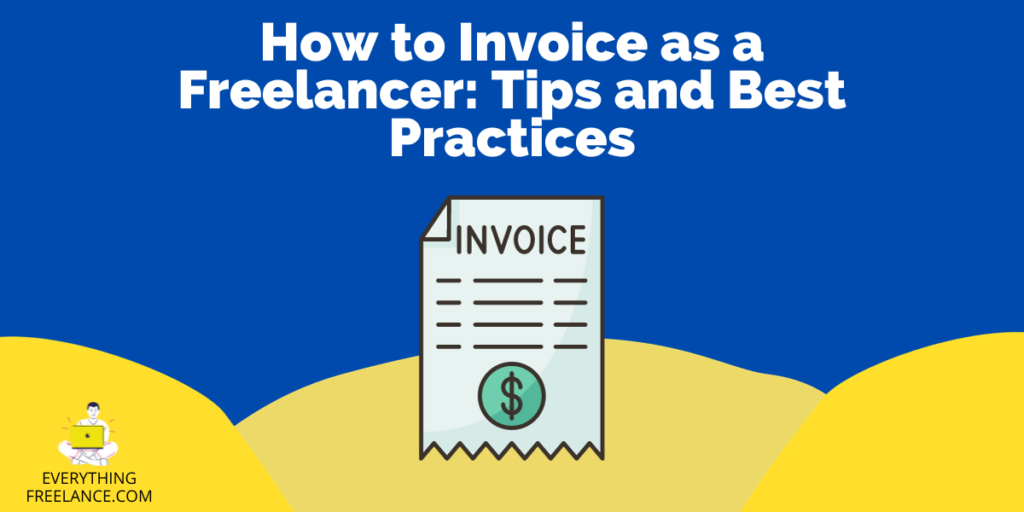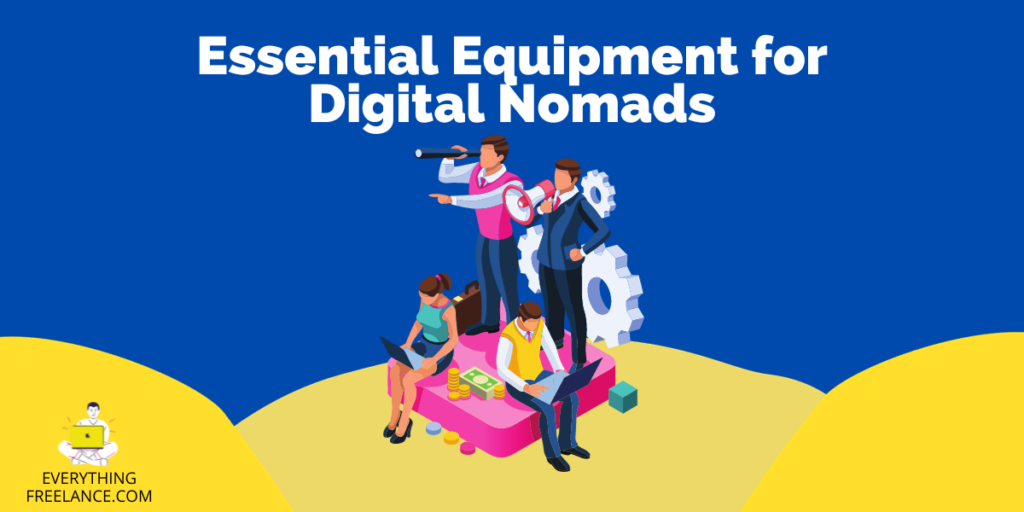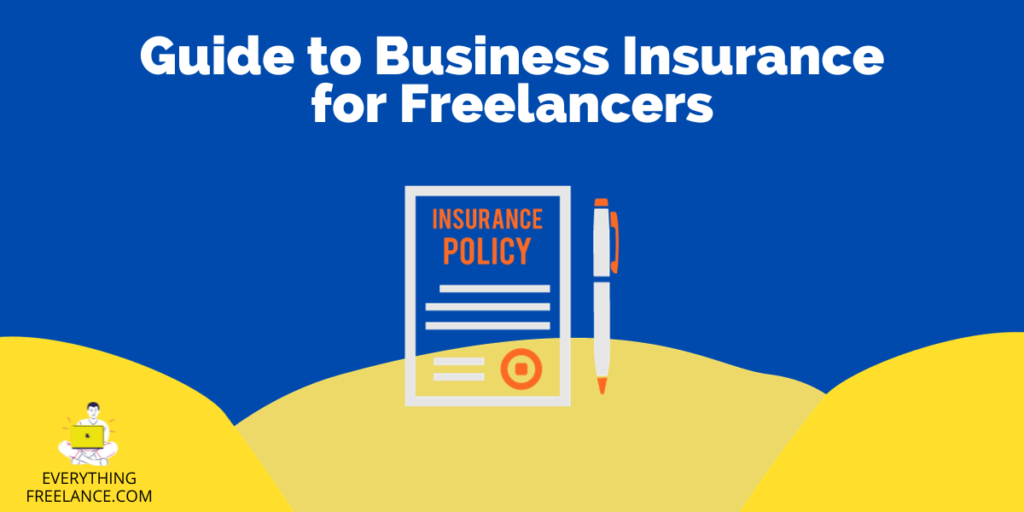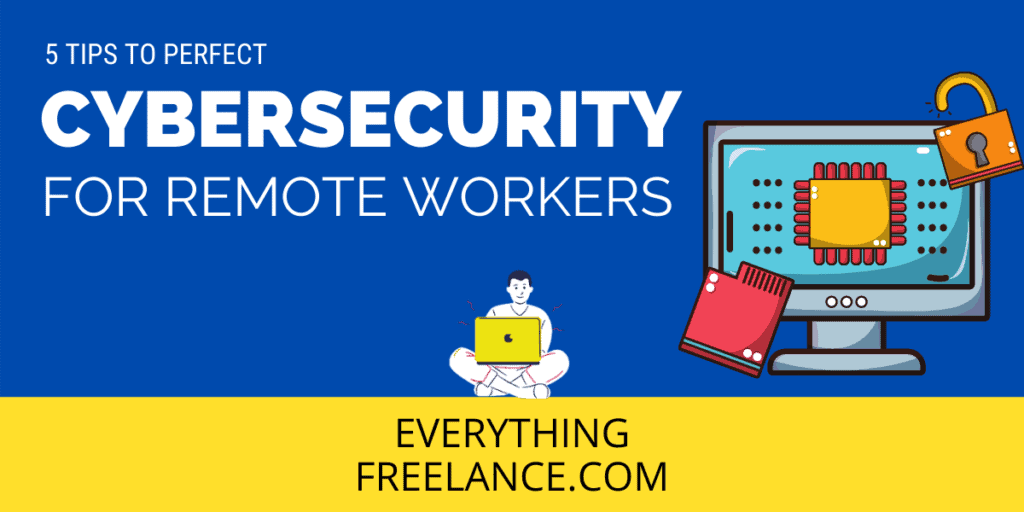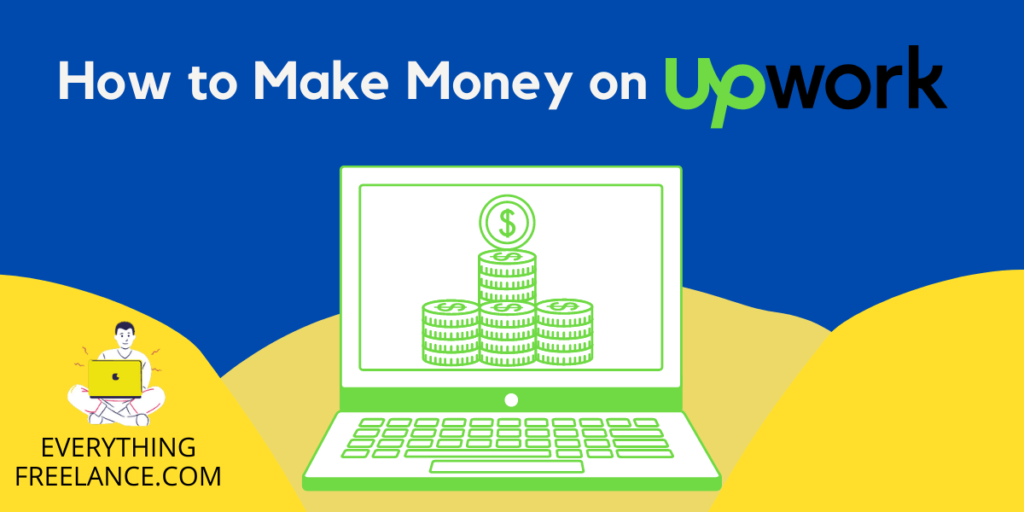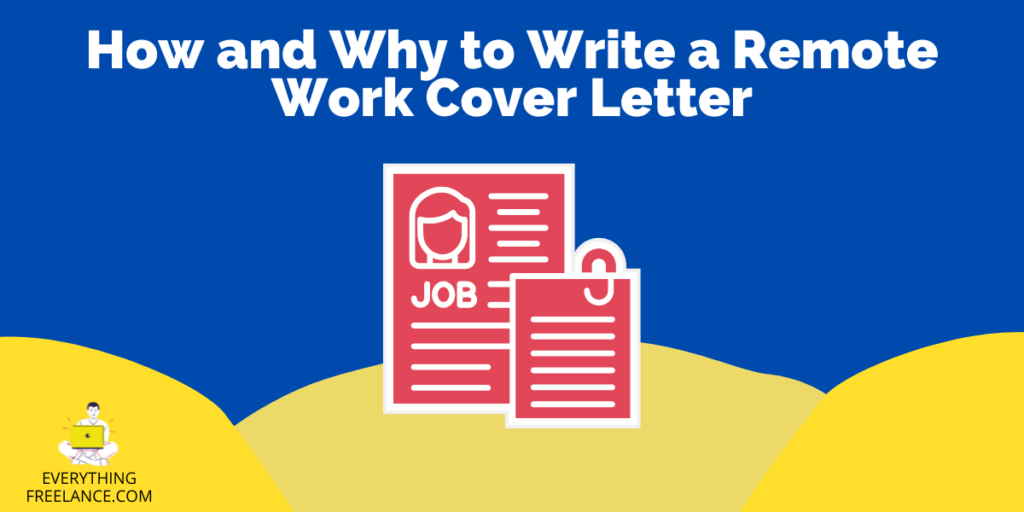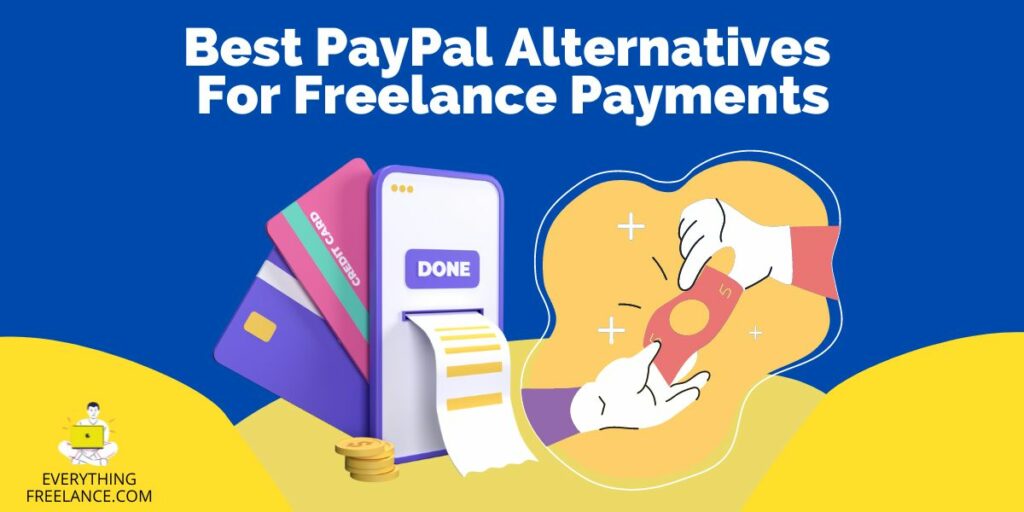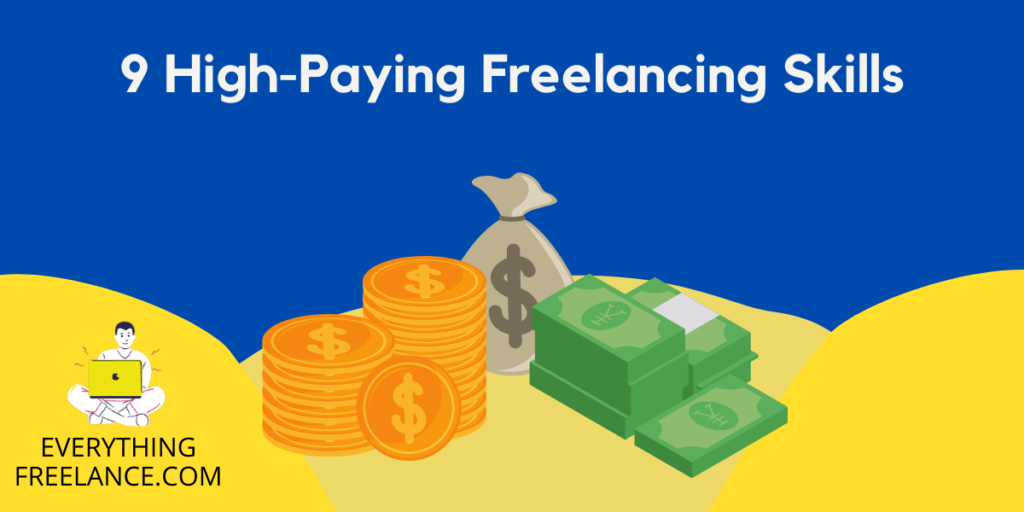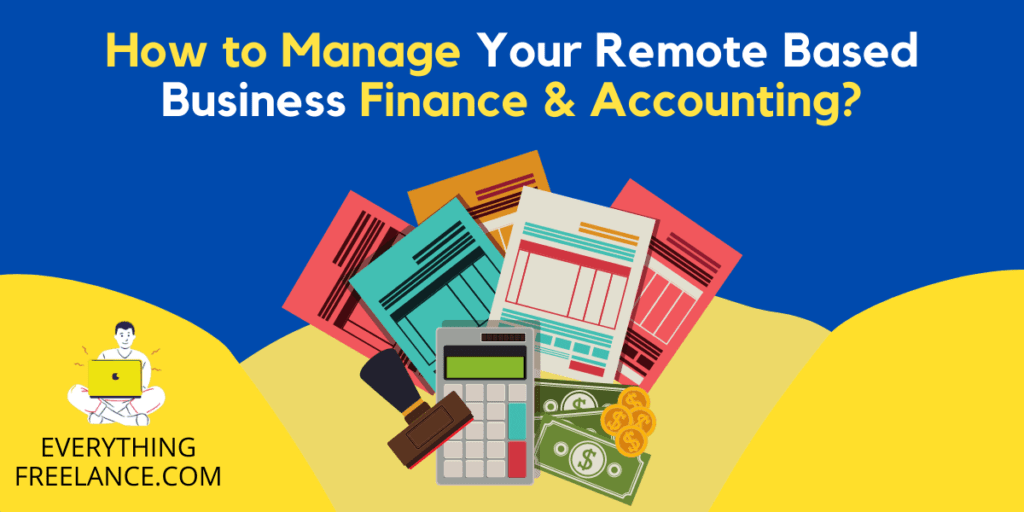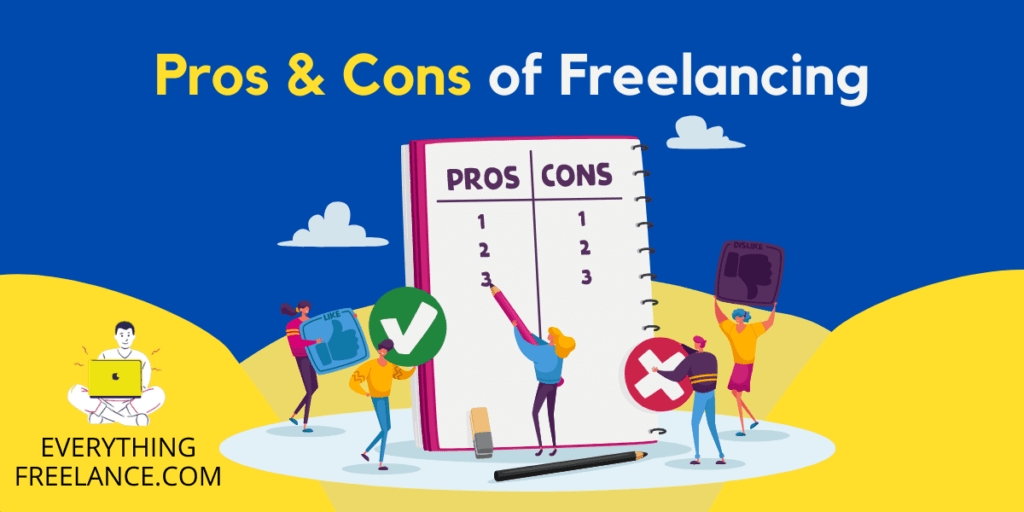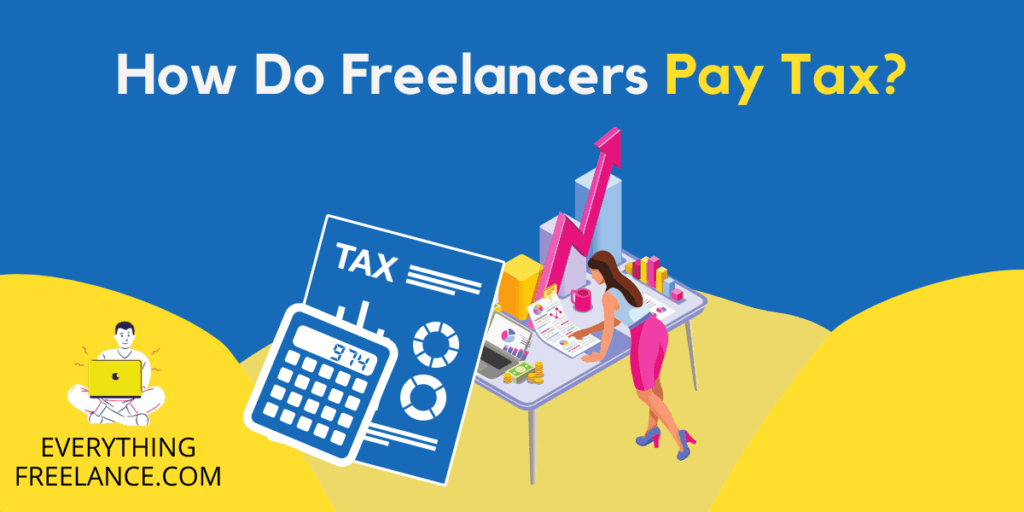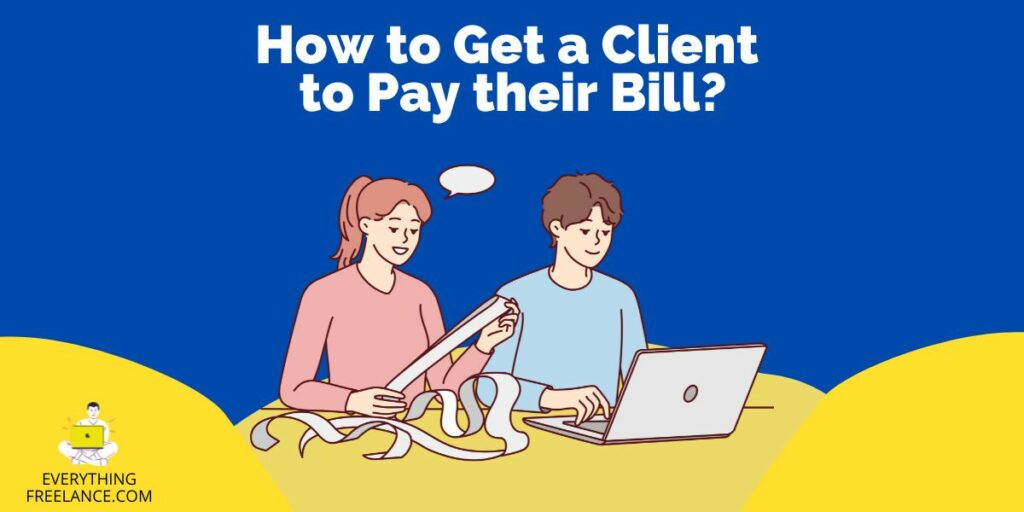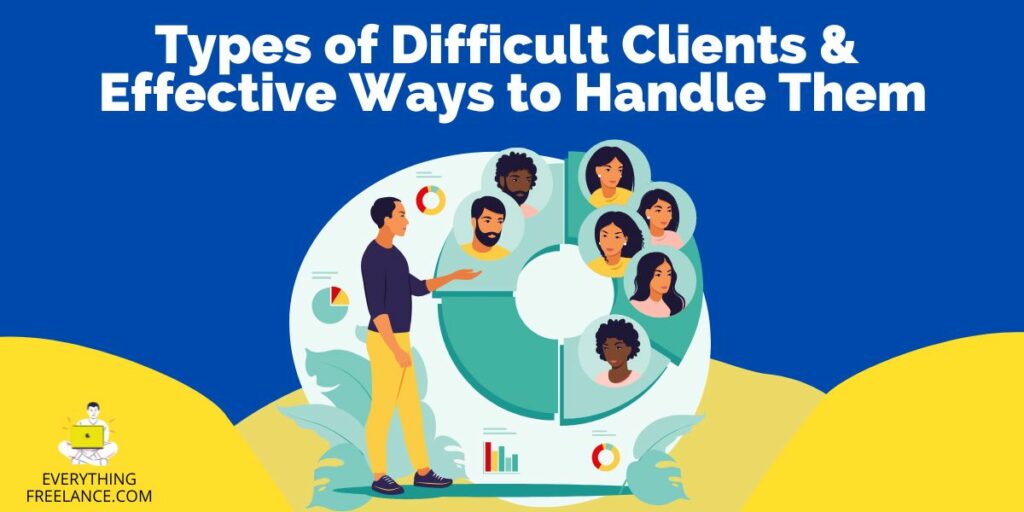Being a freelancer is a gratifying job. You’re able to dictate your hours and pick the projects you prefer to work on. You can enjoy a higher income than traditional office jobs in your industry. Being your own boss and handling your job from seeking clients and carefully coordinating projects. As a freelancer, finding ways to keep costs down and save money is essential.
It can be challenging to stay on top of cash flow as you have to do everything yourself. While still ensuring your day-to-day tasks get done. You have prior experience with financial work, trying to manage your own money can be a challenge. In this article, we aim to help you figure out how to manage your money as a freelancer and save it for a rainy day.
1. Set Financial Goals:
Before you start, you need to tell where you’re headed, both in the short and long term. To help you decide you can ask yourself questions like;
- How much do you want to make in a month?
- What are you aiming to do with the money you make?
- Where do you want your finances to be after a year?
Once you have the answers to these, you can plan your goals and how to achieve them. It’s important to keep your goals S.M.A.R.T. means Specific, Measurable, Attainable, Relevant, and timely. Make sure to document your goals and plans for future reference.
Apart from that, it is important to set your freelancing rates competitively. Do your due diligence and find out the industry standard for the kind of work you offer, then estimate the number of work hours you’ll be rendering in a year. From there, you will have a good approximation to tweak and adjust later on.
2. Create And Follow a Budget:
Once you have your financial goals and plans in mind, it’s time to set a budget. You need to base this budget off of your average monthly income and expenses, given the inconsistencies in income. You can set allocations for your money, like through different techniques like 50/30/20 to keep your spending in line.
This technique allows 50% of your net income for necessities, 30% for non-essential expenses, and the remaining 20% for savings and paying off debt. You can track expenses using mobile apps to monitor your cash flow better and stay within budget. If you have any work-related expenses, you may need to keep track of those separately.
3. Separate your Accounts to Manage Money:
It’s important to separate your freelancing finances from personal ones. Creating different savings accounts for business expenses, taxes, personal expenses, and savings will benefit you in two ways.
First, you can get a better grasp of how much money you have for your work needs and personal expenses. Secondly, it keeps your cash flow separate and easier to keep track of later on.
Consider opening a savings account for your emergency fund to keep it safe and secure until such time that you may need it.
4. Set Aside an Emergency Fund:
Unlike traditional jobs, freelancing pay can be unpredictable. With that in mind, you can prepare yourself for an emergency or a dry spell of client work. The amount of your emergency fund should be enough to cover six months of living expenses.
You can start with a lump sum amount and then continue to set aside money to keep growing it. Make sure to clearly define to yourself what constitutes an emergency before spending your fund.
5. Prepare for Taxes:
In a traditional job, the company takes care of preparing your paycheck, ensuring your monthly taxes and other deductibles apply. As a freelancer, you will have to learn how to do these things by yourself. Make sure to review all the laws and regulations so you can correctly file your taxes and other government contributions.
Double-check your paperwork before submitting them. If you have any doubts, do your research through the internet or consult with the relevant person or department.
6. Track Your Income:
As a freelancer, the important thing is to keep track of your earnings. Begin to give an estimate of how much you will make to help you file taxes correctly, plan your self-budget for both businesses and personal expenses. Track your progress towards your financial goals.
Make sure to document your invoices for various clients, as well as the due dates for payments. Keep your system as simple as an Excel spreadsheet. Invoice your clients promptly and be diligent in collecting to avoid any delays in your cash flow.
7. Explore investments and Source of Revenue:
One way for freelancers to maximize their income is through investment. There are a variety of investment products that suit different kinds of risk appetite, budget, and expected returns. Make sure to canvass your options before deciding what’s right for you.
If you feel that your freelance work is not earning enough in the meantime, explore other sources of revenue like casual, part-time online work, and selling products. This will provide much-needed cash to help you stabilize your finances.
8. Get Insurance:
You can’t underestimate your safety and security. Getting insurance coverage can help you avoid financial distress when an unexpected event occurs. Additionally, if you are supporting your family, the right coverage prevents putting you and your loved ones at medical and financial risk.
Nowadays, health insurance plans are abundant, with different types of benefits and coverages. Make sure you shop around for one that works best for you.
9. Make Bookkeeping a Habit:
Developing the habit of a regular schedule for bookkeeping helps you to stay on top of the state of your finances. Taking some time at the start of the week to update your paperwork, followed by conducting financial reconciliation every month, can help your accounts be consistent and reduce the overwhelming feelings that come with dealing with finances.
Wrapping UP:
Managing your finances as a freelancer can seem stressful whilst you navigate the highs and lows of your income flow. This is what makes it important. Putting these organizational actions in place will greatly reduce your worry and empower you to feel in charge of your finances.






